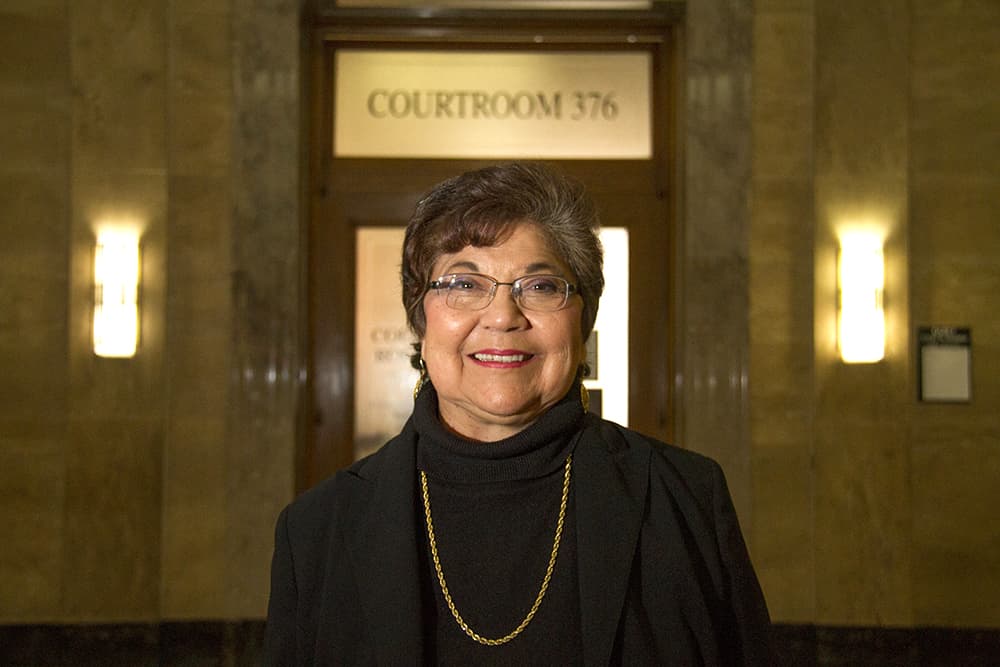
Colorado law requires electors to vote for the winner of the state's popular vote, and if they don't, they can be removed from their position and replaced by new electors who will comply, a Denver District Court judge ruled Tuesday.
This ruling, coupled with one Monday from a federal judge who refused to block enforcement of state law, represents the second blow in as many days to a group of Democratic electors from Colorado who hoped to encourage Republican electors to join them by not voting for Trump and potentially preventing him from getting the necessary 270 electoral votes to take office.

The court proceeding Tuesday before Denver District Court Judge Elizabeth Starrs was initiated by Colorado Secretary of State Wayne Williams to figure out what do about electors who would not vote for the person who received the most votes in Colorado in the general election, which is what state law demands of the electors.
He sought to avoid a showdown when the electors cast their votes. State law says that an elector who refuses to act can be replaced by new electors, but what does it mean to refuse to act and where should these new electors come from? Williams sought either an order directing the electors to vote for Clinton or guidance on how to replace them.
Polly Baca, a former state senator, and Robert Nemanich, a math teacher, could still appeal to the Colorado Supreme Court, a decision that likely will be made in the next 24 hours. They've also appealed U.S. District Judge Wiley Daniel's ruling to the 10th Circuit Court of Appeals, but it's not clear if that case will be heard at all or heard before Monday, Dec. 19.
Basically, a long shot just got longer.
There are similar lawsuits in Washington and California, but even if one were successful, there would still be the problem of Republican electors not seeming particularly interested in this plan -- at least publicly. Just one Republican elector has said publicly that he won't vote for Trump. Politico reported Tuesday that Republican party officials have been keeping close tabs on their electors, then followed that up with a claim from Harvard University law professor Larry Lessig that there are 20 Republicans interested in switching their votes.

Colorado's nine electors are scheduled to meet in the governor's office at high noon Monday to take an oath of office and cast their votes for president. That oath of office was revised recently to include language about voting for the person who got the most votes in the last general election. In Colorado, that's Hillary Clinton and Tim Kaine.
The Democratic Party will have the right to put forward replacement electors.
So, what will Baca, Nemanich and the other Colorado electors do?
"We're going to keep you in suspense," attorney Jesse Witt said after the hearing.

The ruling represents a victory for Williams, but he said after the hearing that if electors take an oath and then violate it, he may still refer them to prosecutors for potential criminal sanctions.
"If you take an oath of office and then immediately violate it, that should have consequences," he said.












